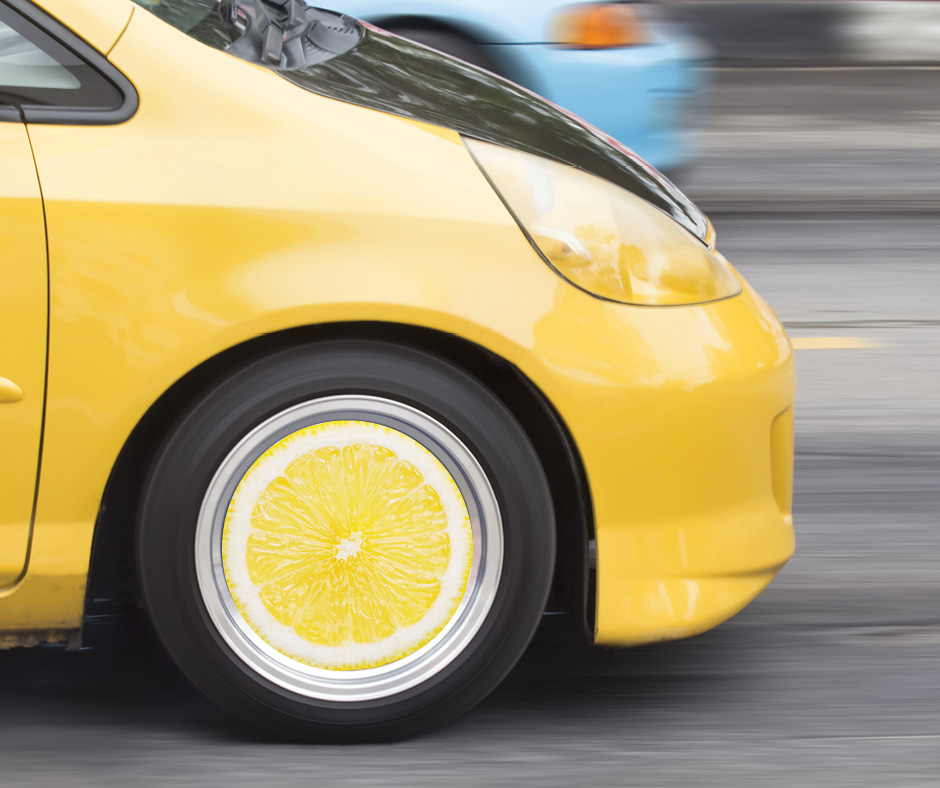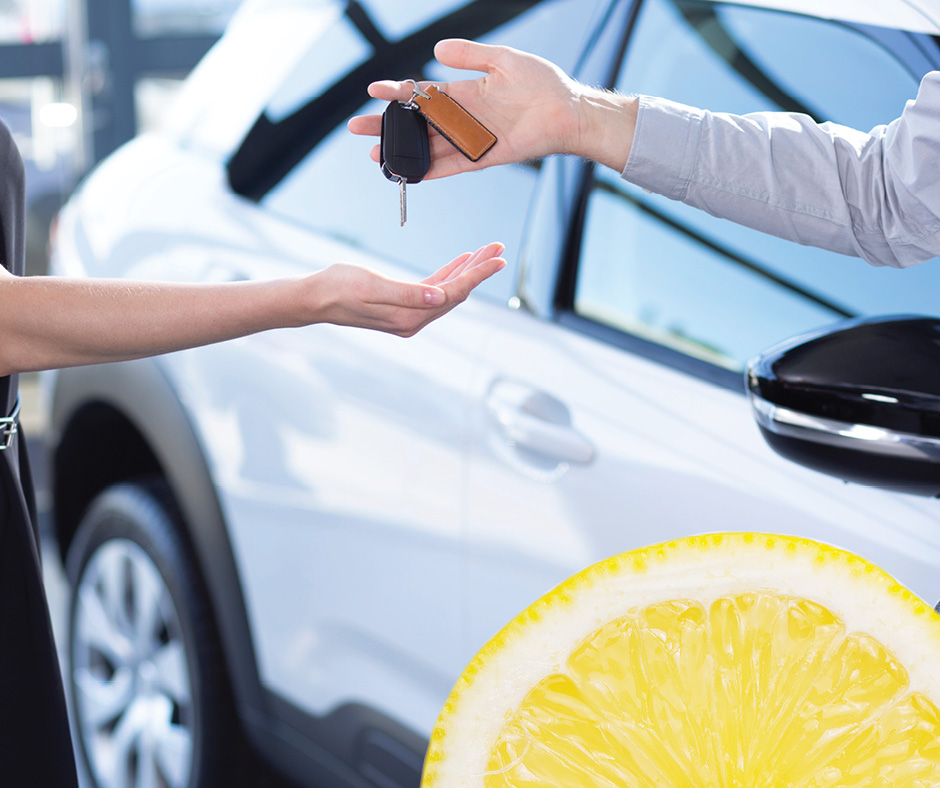The automobile market has been taking car buyers on an incredibly wild ride this past year. Uncertainties created by COVID-19, a shortage of microchips and other components, and slower production of new cars have simultaneously increased consumer demand (and prices!) and decreased supply of new automobiles. That’s why consumers have been turning to the used car market, especially certified pre-owned vehicle s which often give consumers extra peace of mind about their purchase.
Buyer beware
But simply because a vehicle is designated a certified used vehicle, it can still become a problematic purchase, and you could be stuck with a lemon. While these vehicles often undergo a battery of inspection points, repairs and other adjustments to meet manufacturers’ standards, these standards for certification are often visual inspections, not deep dive inspections, and issues are often missed. Or the vehicle could have been part of a lemon law lawsuit, but the previous owner settled for cash instead of a buyback and traded the car in and you would never know. Even worse, the prior car owner might have been experiencing recurring issues but chose to trade in the vehicle rather than go through the lemon law process (this happens all the time). All of which place potential lemons on used car lots in front of unsuspected consumers.
Consumer protection
Fortunately, the California Lemon Law provides consumer protection against faulty vehicles. Take for example, a recent client who bought a certified pre-owned 2013 compact car. He assumed that since it was certified, it would be a reliable car. Nothing could be further from the truth. The owner went through not one, not two, but four transmission repairs, among a host of other issues. As the problems persisted, he finally turned to legal help. By compiling his repair history and receipts, and submitting the appropriate paperwork, we were able to arrange a buyback of his vehicle. He returned the car to the manufacture, got his back, and purchased a more reliable automobile.
Is certified your best ride?
There’s no question certified pre-owned vehicles appeal to wary consumers. Certified cars are almost always new enough to be covered by the manufacturer’s original warranty or certified warranty. Regardless, it is still important to do your own research and take the vehicle to a trusted mechanic for an independent inspection before signing on the dotted line.
If you go through due diligence in the purchase process and still end up with a certified pre-owned vehicle that gives you nothing but trouble, even after repeated repair attempts, the California Lemon Law is your best recourse. An experienced lemon law attorney can help you turn a sad tale into a success story like our compact car owner client.
Think you have a claim? Get a free, no-obligation case evaluation from Sotera L. Anderson, California Lemon Law Attorney, here or call 1-855-96-LEMON, or (858) 247-0050. Visit our website to find out more information.
 Call Us Now
Call Us Now Text Us Now
Text Us Now
 (855) 965 3666
(855) 965 3666



